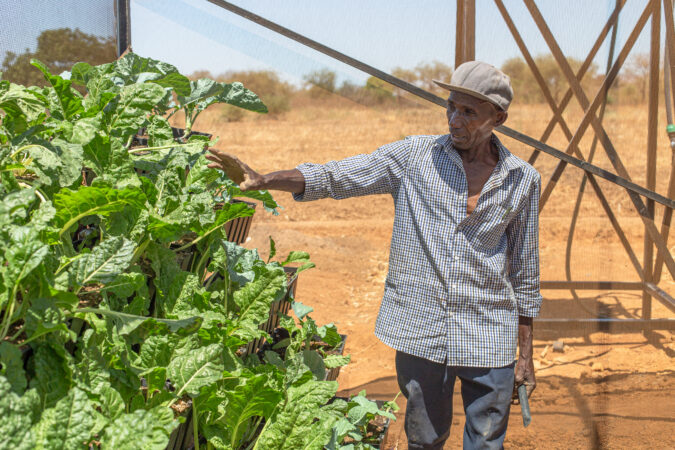The project will be implemented in two locations: in the Kariobangi district of Nairobi and in the suburban areas of Nakuru City. The project will directly reach 370 persons, including young people and small farmers, and indirectly over 1,300 of their family members. The main problems addressed by the project include limited access to food, soil degradation, a shortage of water, and the effects of climate change.
The goals of the project include:
- improving food security by introducing bio-intensive horticulture;
- training 40 farmers and 30 young people from Nairobi on urban agriculture, water management, organic fertilisers and farming techniques;
- establishing 342 bio-intensive gardens in two locations;
- supporting young people and farmers through entrepreneurship training and connection with local agribusiness;
- building safe spaces for young people in Nairobi and strengthening their access to education, rehabilitation and counselling services;
- development of a manual and training materials for spreading the urban gardening model in other locations.
The addressees of the project will include suburban smallholder farmers, young people from Nairobi, and local agricultural leaders as well as persons vulnerable to inflation, unemployment and climate change.
The project will be implemented in collaboration with the local partner organisations Seed Savers Network and Pendekezo Letu, with the involvement of local authorities, schools and religious institutions, and with support from urban agriculture and monitoring experts.



